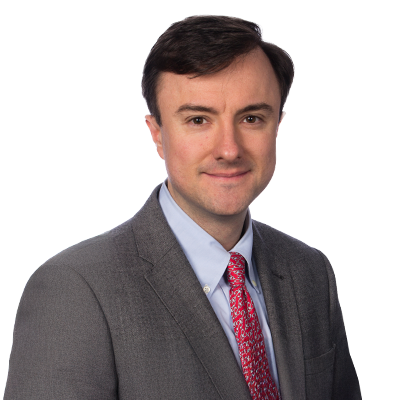On August 26, 2020, the US Securities and Exchange Commission (SEC) adopted amendments to expand the scope of the "accredited investor" definition, allowing a greater pool of investors to access the private capital markets. The amendments add new categories of qualified natural persons who meet certain professional knowledge or certification requirements and expand the list of entities that qualify.
Previously, investors were considered accredited if they had at least US$200,000 in annual income (or US$300,000 household income) or if they had US$1 million in net assets, not counting their primary residence. These thresholds are not adjusted for inflation and the SEC did not amend these 38-year-old thresholds – another factor in growing the pool of investors who will qualify as accredited over time.
Specifically, the amendments to the accredited investor definition:
- Add a new category to the definition that permits natural persons to qualify as accredited investors based on certain professional certifications, designations or credentials or other credentials issued by an accredited educational institution, which the SEC may designate from time to time by order. Holders in good standing of the Series 7, Series 65 and Series 82 licenses currently fall under this category.
- Include as accredited investors, with respect to investments in a hedge fund, private equity fund or similar fund, natural persons who are "knowledgeable employees" of the fund (harmonizing with qualified purchaser guidance);
- Clarify that limited liability companies with US$5 million in assets are accredited investors (just like corporations and partnerships have been) and add SEC- and state-registered investment advisers, exempt reporting advisers, and rural business investment companies (RBICs) to the list of entities that qualify;
- Add a new category for any entity, including Indian tribes, governmental bodies, funds, and entities organized under the laws of foreign countries, that own "investments," as defined in Rule 2a51-1(b) under the Investment Company Act, in excess of US$5 million and that was not formed for the specific purpose of investing in the securities offered;
- Add "family offices" with at least US$5 million in assets under management and their "family clients," as each term is defined under the Investment Advisers Act; and
- Add the term "spousal equivalent" to the accredited investor definition, so that spousal equivalents may pool their finances for the purpose of qualifying as accredited investors.
The SEC noted the addition of the new category of certain credentialed individuals provides the SEC with flexibility to further expand and add certifications or credentials in the future. This is likely to prompt other "knowledgeable" groups to push the SEC to expand the category even further. Among those referenced by commenters were individuals qualifying as a CPA, CFA, CMA and MBA. It is yet to be seen how the SEC will draw the line and will distinguish one qualification from another.
Additionally, the SEC amended the definition of "qualified institutional buyer" in Rule 144A to:
- Expand the types of entities eligible for qualified institutional buyer status to include certain limited liability companies and RBICs, if they meet the US$100 million in securities owned and investment threshold in the definition; and
- Add a "catch-all" category for certain institutional investors included in the accredited investor definition to be qualified institutional buyers after satisfying the US$100 million threshold.
The amendments are the result of years of examination of the private capital markets and lobbying by major industry players. In December 2015, the SEC released a staff report on the history of the accredited investor definition, alternative approaches, impacts and recommendations for modifying the existing definition. In June 2019, the SEC released its "Concept Release on Harmonization of Securities Offering Exemptions" requesting comments on various proposals to amend the accredited investor definition. Taking into account the multitude of comments received, the SEC formally proposed amendments to the definition in December 2019. Continuing their efforts to modernize and simplify investor regulations, the SEC also proposed amendments to the exempt offering framework in March 2020, which if passed, would allow greater access to capital for issuers and greater access to investment opportunities for investors.
The current amendments passed by a 3-2 vote along party lines. Commissioner Elad Roisman and Commissioner Hester Peirce both praised the amendments, but noted this was only a first step, and there is still work to be done. Commissioner Roisman specifically pointed out how narrow the new category of financial sophistication is being construed: "… members of the expert staff we have here at the SEC, who review registration statements for material disclosure and investigate potentially fraudulent activity in our markets, will not qualify as accredited investors because the eligibility criteria are still very limited. It certainly seems a strange outcome that so many individuals who enforce our securities laws and regulate financial markets are not considered sophisticated enough to invest in those very same markets." Commissioner Peirce had similar reservations and noted the amendments were "rooted in a recognition that wealth and income are not always great proxies for an investor's sophistication."
Commissioners Allison Herren Lee and Caroline Crenshaw, the two dissenting votes, released a joint statement criticizing the amendments. They cautioned against the continuing expansion of the private markets and warned of the risks this expansion may pose for investors, particularly seniors. They also highlighted the failure to update the 38-year-old income and wealth thresholds and to have such thresholds adjusted for inflation going forward, which would have the effect of reducing the number of accredited investors and, arguably in the majority view, further restrict and contract private capital markets in the US.




